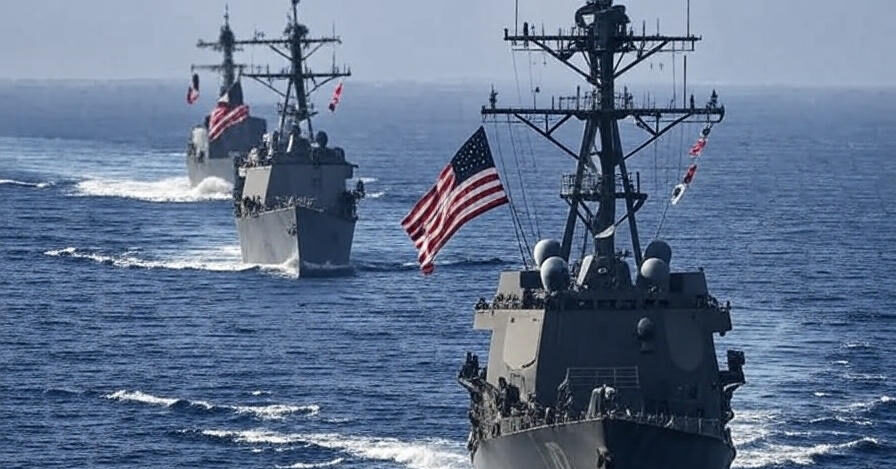
August 26, 2025 – The u.s has deployed a formidable naval force near Venezuela, intensifying tensions with President Nicolás Maduro’s government in a stated counter-narcotics operation targeting drug cartels.This important Caribbean military maneuvers, one of the largest in decades, enhances concerns about potential geo -political purposes beyond drug interdiction.As Venezuela mobilizes its militia, the region faces risks of escalation. This analysis examines the deployment, Venezuela’s response, and the broader implications.
Background of the U.S. Operation
Strategic Objectives
The Trump administration presents the deployment of this Navy as an important attempt to deal with drug smuggling, especially targeting cocaine and fentanyl flows that are reportedly associated with the rule of Maduro. A 2020 U.S. indictment accuses Maduro of leading the “Cartel of the Suns,” a narco-trafficking network designated as a terrorist organization. With a reward of $ 50 million for his arrest, doubled in August 2025, the U.S. is escalating pressure on Venezuela’s leadership. The operation aligns with broader efforts to counter drug cartels across the Western Hemisphere, including in Mexico and El Salvador.
Details of the Naval Deployment
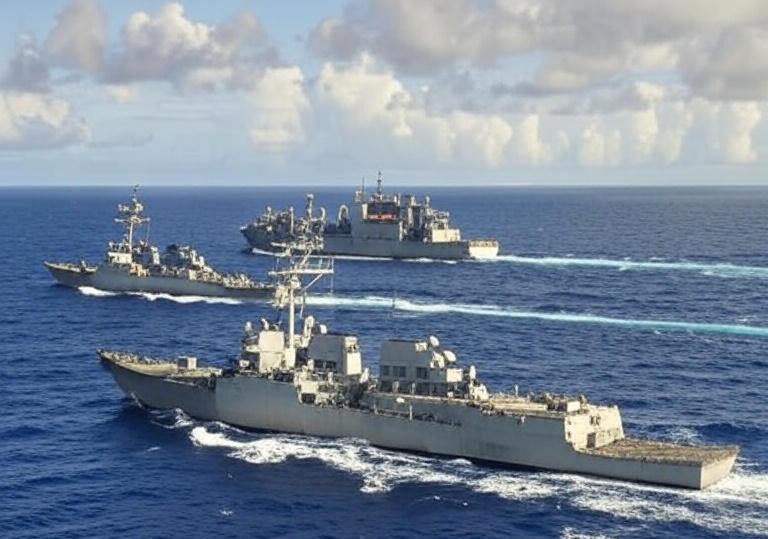
Composition and Capabilities
The U.S. Navy has positioned three Arleigh Burke-class guided-missile destroyers—USS Gravely, USS Jason Dunham, and USS Sampson—in the southern Caribbean, with reports suggesting proximity to Venezuela’s coast as early as August 24, 2025. Equipped with Aegis systems and Tomahawk missiles, these destroyers are versatile for multiple threats. The Iwo Jima Amphibious Ready Group, including USS Iwo Jima, USS San Antonio, and USS Fort Lauderdale, carries approximately 4,500 personnel, including 2,200 Marines. Supported by Boeing P-8A Poseidon aircraft and an attack submarine, the deployment enhances surveillance and strike capabilities near Curaçao, suggesting objectives beyond narcotics enforcement.
Venezuela’s Response
Defensive Measures
Venezuela views the U.S. deployment as a direct threat to its sovereignty. President Maduro mobilized over 4.5 million militia members to defend the nation’s seas, skies, and lands, though analysts question their training, despite claims of up to 5 million members. A temporary drone ban was imposed, citing security concerns after a 2018 drone attack. Foreign Minister Yvan Gil rejected U.S. accusations as baseless, emphasizing Venezuela’s independent anti-crime efforts. Maduro’s anti-imperialist rhetoric aims to rally domestic support, particularly after the contested July 2024 election.
Geopolitical and Regional Implications
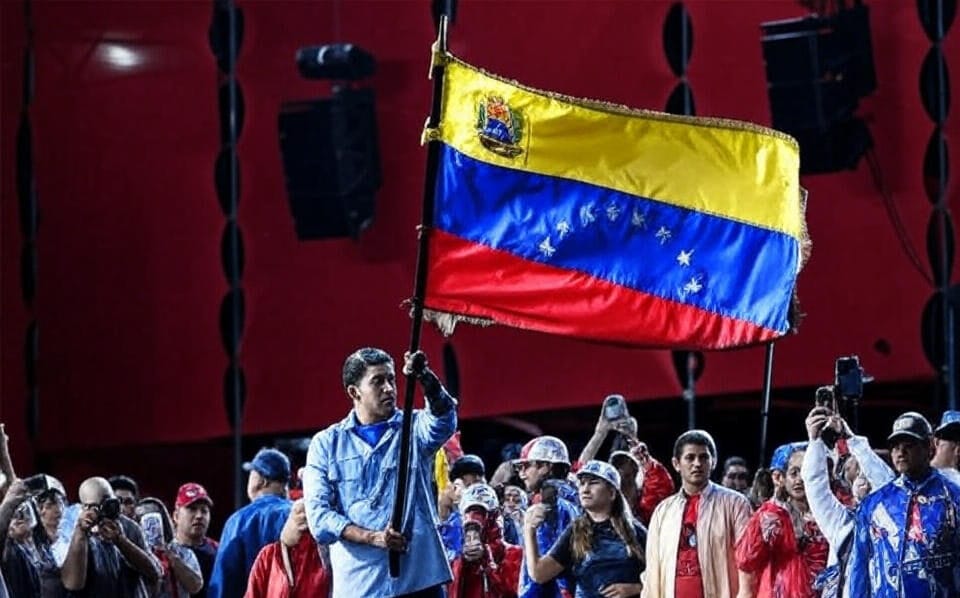
International Reactions
The U.S. operation coincides with efforts to reassert influence in the Western Hemisphere, targeting Venezuela and its allies, including Russia, China, and Iran. Henry Ziemer from the Center for Strategic and International Studies suggests the deployment’s scale, unprecedented for counter-narcotics, echoes the 1989 Panama invasion, hinting at regime-change motives. China and ALBA nations, including Cuba, have condemned the U.S. as interfering, while regional allies like Colombia and Guyana may quietly support efforts to curb drug trafficking.
Risks and Public Sentiment
In Venezuela, citizens like Pedro Martínez in Valencia express skepticism, recalling failed U.S. attempts in 2020 to oust Maduro. Critics question the evidence behind the Cartel of the Suns allegations, suggesting the deployment may serve as psychological warfare. The operation risks maritime incidents if U.S. ships approach Venezuelan waters, potentially escalating tensions. Diplomatic fallout with Venezuela’s allies and Maduro’s ability to leverage the crisis to consolidate power further complicate the situation. Social media discussions on X highlight the U.S.’s military superiority, framing Maduro’s response as symbolic posturing.
Outlook for U.S.-Venezuela Relations
As the U.S. Navy maintains its presence near Venezuela, the operation underscores a complex interplay of counter-narcotics goals and geopolitical strategy. While the Pentagon emphasizes drug interdiction, the deployment’s timing and scale suggest broader aims. With both sides escalating rhetoric and military posturing, the Caribbean remains a potential flashpoint with significant implications for regional stability.Diplomatic fallout with Venezuela’s allies and Maduro’s ability to use the crisis to consolidate power further complicate the situation. As both sides escalate rhetoric and military posturing, the Caribbean remains a potential flashpoint with significant implications for U.S.-Venezuela relations.
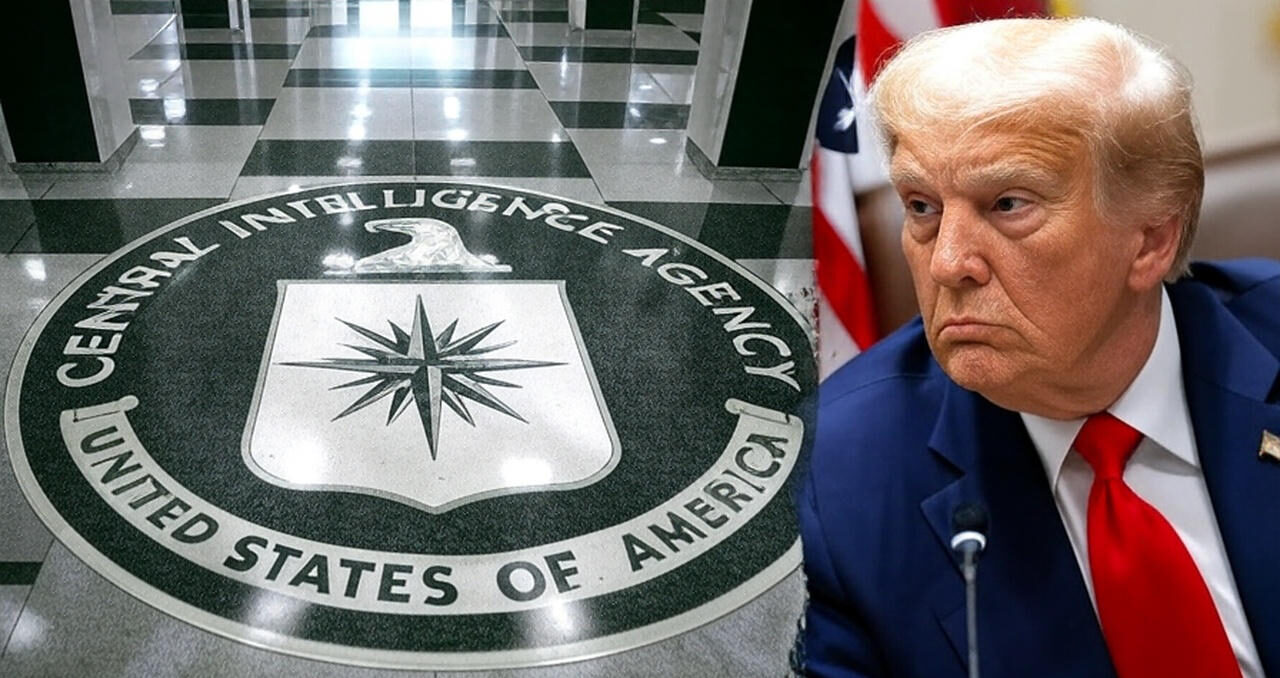
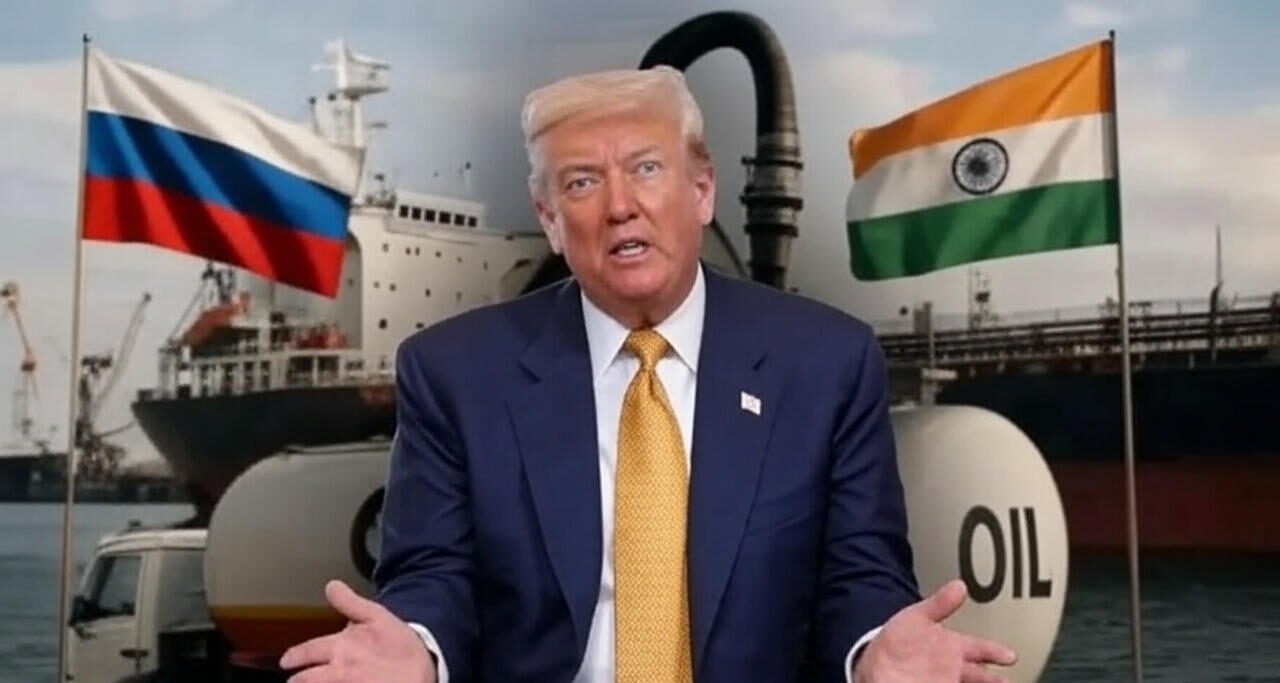
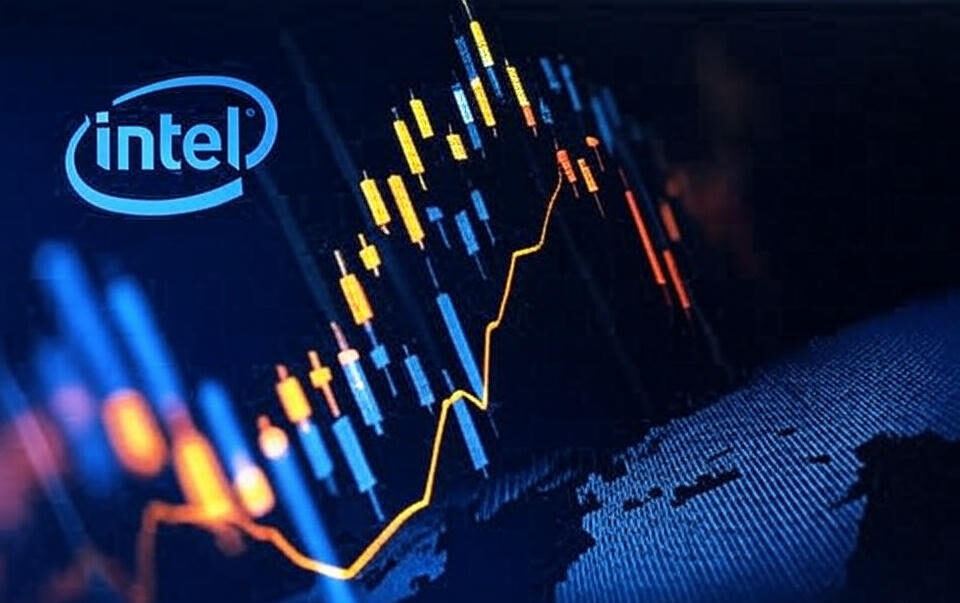
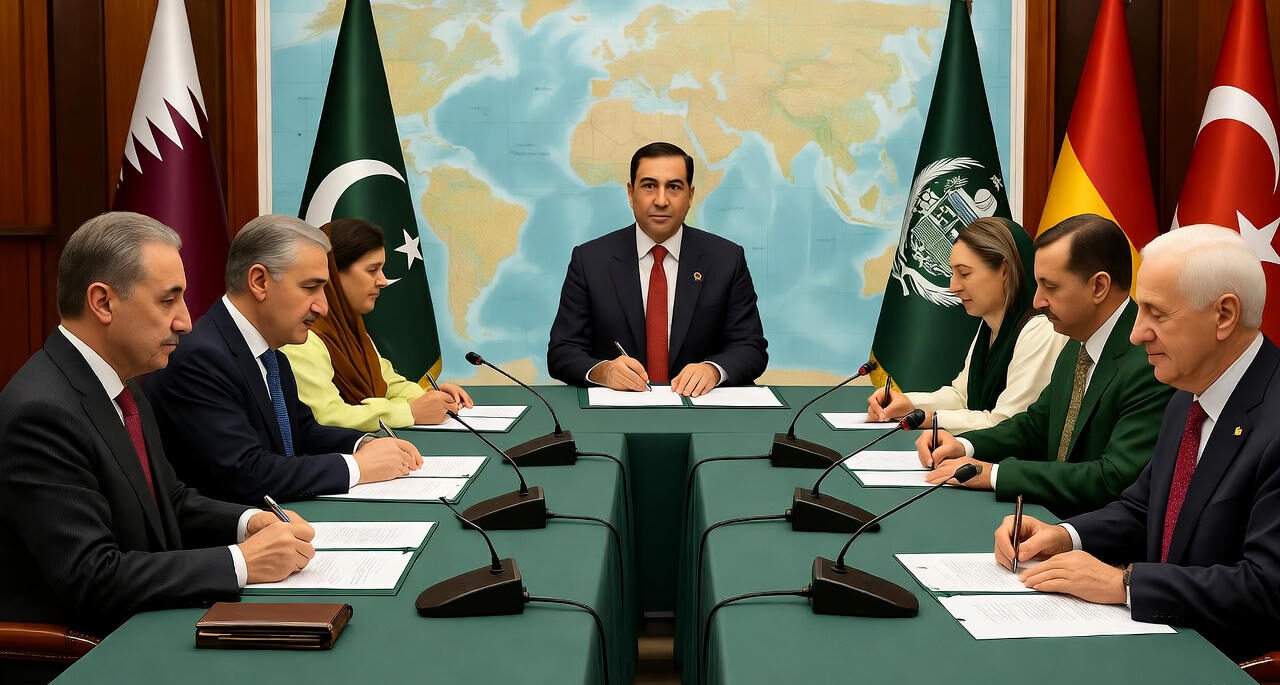
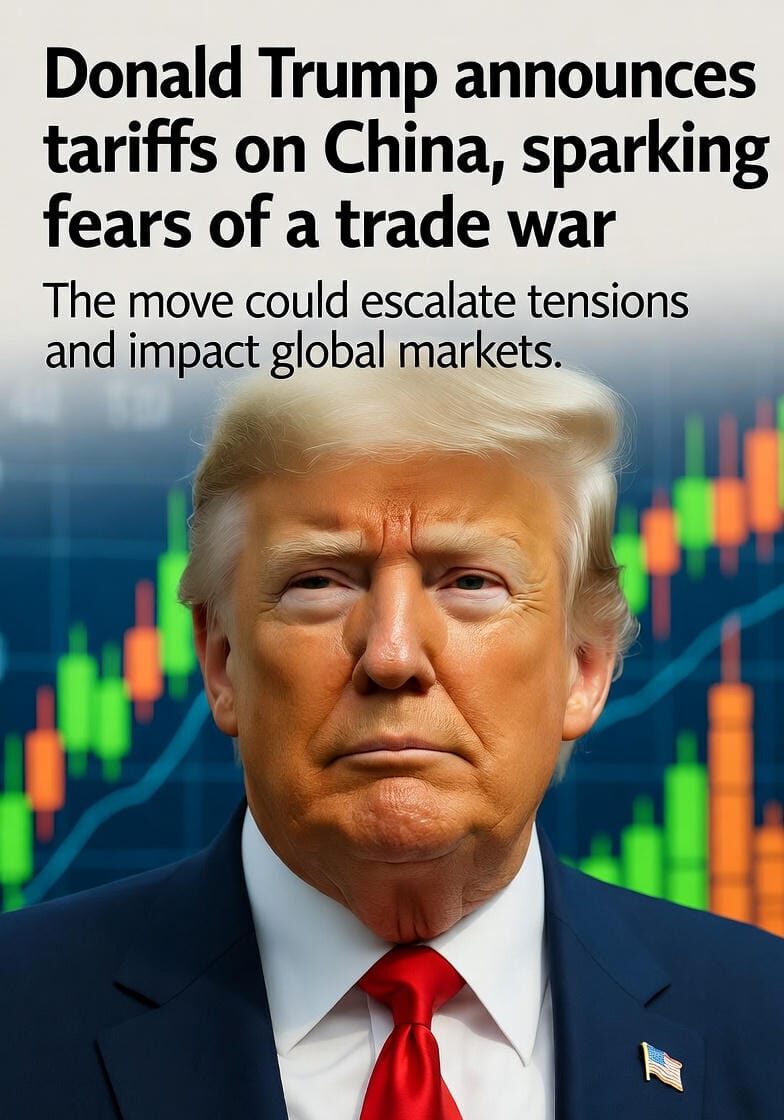
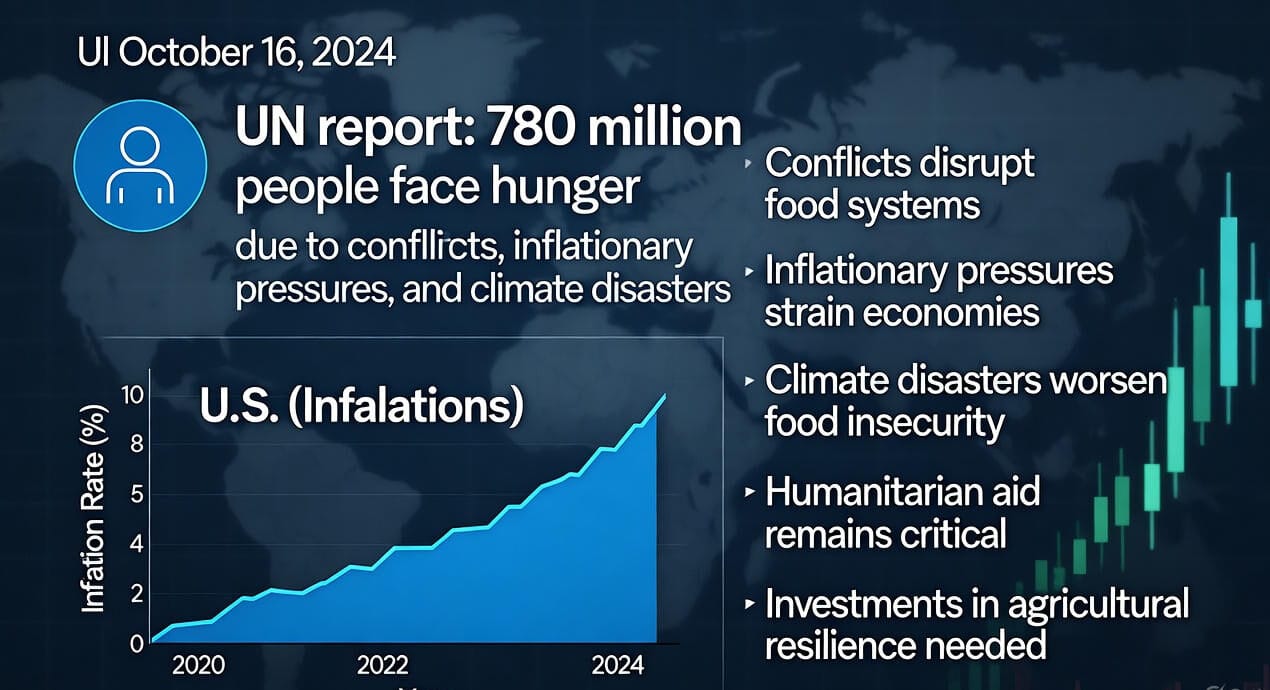
Dice games are so much fun – the math behind them is fascinating! Seeing platforms like jiliki casino embrace local payment options like GCash really improves the experience for Filipino players, too. Great to see innovation!
Understanding game probabilities is key, especially with options like those at Peryagame! Quick registration & peso transactions make it accessible. Check out peryagame download apk for a taste of Filipino gaming – slots & sabong look fun! It’s all about responsible play, though. 😉